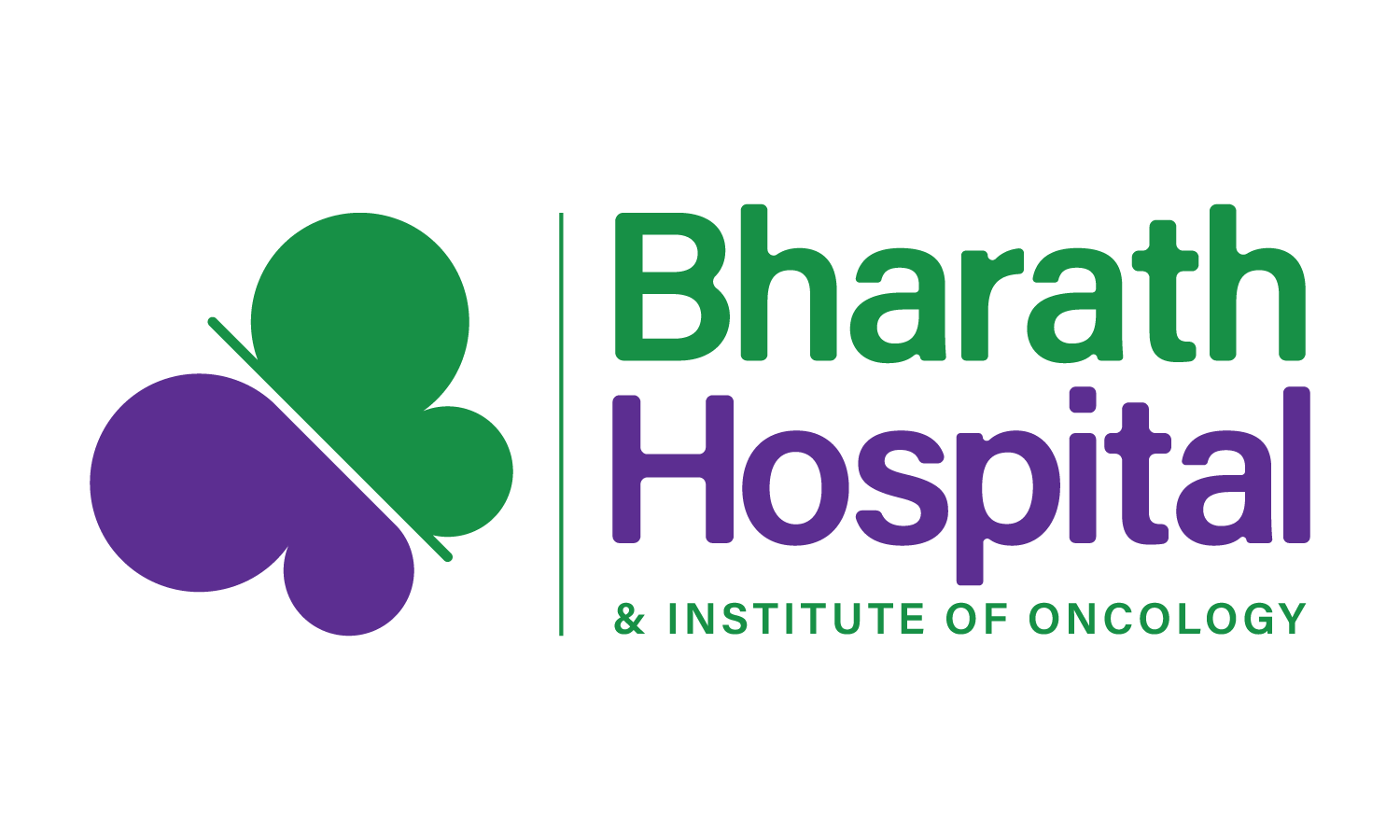Overview
Oral cancer is the uncontrolled multiplication of cancerous cells in the mouth and surrounding regions. This type of cancer may affect the tongue, lips, palate, floor of the mouth or even the pharynx and sinuses. Oral cancers are most often discovered after they’ve spread to the lymph nodes of the neck. If not treated at an early stage, it can potentially be life threatening. One of the biggest risk factors for oral cancer is tobacco use. This includes smoking cigarettes, cigars, and pipes, as well as chewing tobacco. People who consume large amounts of alcohol and tobacco are at an even greater risk, especially when both products are used on a regular basis.
Symptoms
Some of the symptoms of oral cancer depends on the location of the tumour. Some common warnings are persistent rough patches in the oral cavity with ulceration and raised border that is mildly painful. Crusting and dry ulcers on the lip and a mass in the pharynx could be symptoms of oral cancer as well. Below are some of the symptoms of oral cancer:
Causes
Study suggests that men face twice the amount of risk of developing oral cancer as compared to women, and the risk is even greater in men who are over age 50. Though the causes are unclear, the various risk factors for the development of oral cancer include:
Diagnosis
As a first step, a physical exam is done. This includes closely examining the roof and floor of your mouth, the back of your throat, tongue, and cheeks, and the lymph nodes in your neck. If the doctor cannot determine why these symptoms are present, the patient maybe referred to an ear, nose, and throat (ENT) specialist. If any tumours, growths, or suspicious lesions are found, a brush biopsy or a tissue biopsy is performed. A brush biopsy is a painless test that collects cells from the tumour by brushing them onto a slide. A tissue biopsy involves removing a piece of the tissue so it can be examined under a microscope for cancerous cells. In addition, one or more of the following tests maybe recommended:
Treatment
Treatment for oral cancer varies depending on the type, location, and stage of the cancer at diagnosis: Surgery Surgery is usually sought for early stage treatment to remove the tumour and cancerous lymph node(s). In addition, other tissue around the mouth and neck may be taken out depending on the stage of the cancer. Radiation therapy Radiation therapy is another option. This involves radiation once or twice a day, five days a week, for two to eight weeks. Treatment for advanced stages will usually involve a combination of chemotherapy and radiation therapy. Chemotherapy Chemotherapy is a treatment with drugs that kill cancerous cells. The medicine is given to either orally or through an intravenous (IV) line. Most people get chemotherapy as an outpatient, however depending on the stage of cancer and the patient’s overall health, some may require hospitalization. Targeted therapy Targeted therapy as treatment can be effective in both early and advanced stages of cancer. Targeted therapy drugs will bind to specific proteins found on the cancer cells and interfere with their growth. Nutrition Nutrition is crucial to oral cancer treatment. Many treatments make it difficult or painful to eat and swallow, and poor appetite and weight loss are common. Getting the right diet, that is gentle on the mouth and throat, from a nutritionist can help provide the body with the calories, vitamins, and minerals it needs to heal quickly. Here is an illustration on how to self examine your Oral Cavity for any symptoms of Cancer





19 replies on “Oral Cancer”
Amazing! Your site has quite a few comment posts. How did you get all of these bloggers to look at your site I’m envious! I’m still studying all about posting articles on the net. I’m going to view pages on your website to get a better understanding how to attract more people. Thank you!
tamsulosin abz 0 4 mg
tamsulosin abz 0 4 mg
repaglinide in renal failure
repaglinide in renal failure
protonix vs pepcid
protonix vs pepcid
prescription free voltaren gel
prescription free voltaren gel
spironolactone yaz interactions
spironolactone yaz interactions
seroquel vs abilify
seroquel vs abilify
levitra es peligroso
levitra es peligroso
aquatic pharmacy azithromycin
aquatic pharmacy azithromycin
tadalafil generic cost
tadalafil generic cost
cheapest levitra online
cheapest levitra online
ivermectin 1 topical cream
ivermectin 1 topical cream
ivermectin cream 1
ivermectin cream 1
generic tadalafil tablet or pill photo or shape
generic tadalafil tablet or pill photo or shape
ivermectin 9mg
ivermectin 9mg
order stromectol online
order stromectol online
ivermectin 3mg price
ivermectin 3mg price
ampicillin drug contraindications
ampicillin drug contraindications
can you take doxycycline with food
can you take doxycycline with food